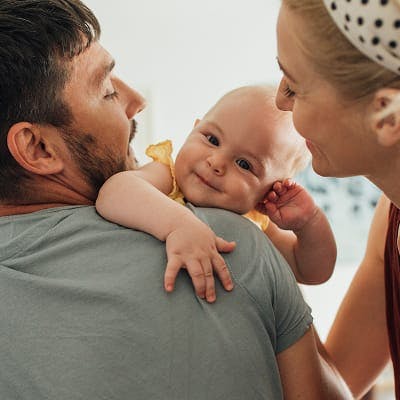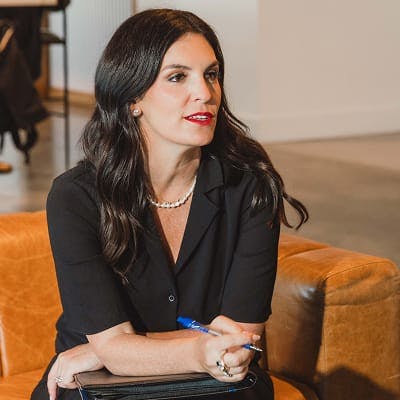Jan 21, 2026


Jeanne T. Tate
Legal
January 21, 2026

By Appointment Only




Your Trusted Partner in the Adoption & Surrogacy Process
With years of experience and a commitment to personalized service, Tate Healey Webster Adoption Attorneys is proud to be a trusted partner in adoption throughout the state. We understand that every adoption is unique, which is why we offer tailored legal solutions and support. If you’re ready to begin your adoption journey, contact us today. Let us help you bring your family closer together through the miracle of adoption.
This gallery contains nudity. Please click OK to confirm you are at least 18 years of age and are not offended by this material.